This project’s main long-term aim is to improve the population size, distribution area and conservation status of three endemic species of beetles: Tarphius floresensis, Pseudanchomenus aptinoides and Trechus terrabravensis, which are classified as Critically Endangered and Endangered (by IUCN) due to habitat quality and quantity loss, as a result from change of land use and invasive alien species (IAS).
Operational objectives will focus on increasing availability of habitat for the target species, both in quantity and quality, with the aim of reversing the observed decline on its populations. To ensure habitat increase, works will include pilot/demonstration works directed at:
i) (Re)conversion of existing Eucalyptus plantations to the pre-existing native habitats;
ii) Re-naturalizing pasture land which is currently publicly owned (in link with increase of its ecosystem services for water retention and provisioning);
iii) As for improvement of habitat quality, works will embrace both best practices related to common restoration of native habitats (by increasing density of trees and shrubs for promotion of shadowing, humidity and higher soil cover with ferns/bryophytes) as well as demonstration works on prevention, control and containment of IAS and on active dispersal of spores to promote native ferns;
iv) Given expected changes and threats resulting from climate change, extensive use of pilot nature-based solutions to improve micro-climatic conditions (e.g. for water retention and humidity provisioning, on dryer periods) will be essayed
The project also seeks public awareness (within schools and families) not only for nature conservation but also reducing the negative image that is usually associated to beetles and allow for engagement with conservation, by volunteering.





